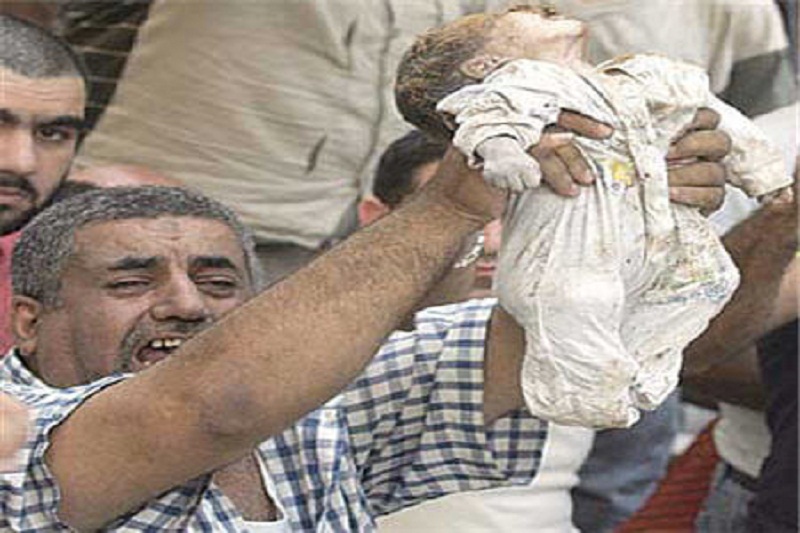Weeping and mourning for the dead is basically considered Mubah in Islam. Thus why Wahhabis strictly forbid mourning for the dead?

Weeping and mourning for the dead is basically considered Mubah in Islam. Not any true hadith is mentioned by the holy Prophet (S.A.W.S) of Islam to forbid mourning; rather there are lots of sentences, narrated stories and incidents that prove authorization of grieving to the dead. There are also some holy verses of Quran which endorse the authenticity of mourning.
There are no verses in the holy Quran to forbid mourning. There are not any hadith in Sunna to ban weeping except what narrated from the second Caliph, one of which prevents the wife of the holy Prophet (S.A.W.S), Ayesha, from mourning for her departed husband. The narration is “Truly the deceased will be tormented by grieving of their family.”[i] Another sentence was narrated from the son of the second Caliph: “The deceased will be tormented by grieving for them.”[ii] Ayesha disproved their alleging by this holy verse “And no bearer of burdens will bear the burden of another[iii]”.[iv] It is worthy of mention that not only the second Caliph authorized people to cry for Khalid ibn al-Walid, but also he himself grieved for him.[v] Even the holy Prophet (S.A.W.S) ordered the second Caliph not to prevent women from grieving for the dead.[vi]
There are lots of hadiths that prove mourning and grieving such as what Jabir Ibn Abdullah has pointed out that the holy Prophet (S.A.W.S) did not dissuade him from grieving for the martyrdom of his father.[vii] Another hadith is from Ali Ibn AbiTalib (A.S) that declares the mourning of the holy Prophet (S.A.W.S) for the decease of AbuTalib.[viii] The holy Prophet (S.A.W.S) wept for Hamzah, Ja’far, Zeyd Ibn Harethah, and Abdullah Ibn Ravahah.[ix] He even wept so hardly for the martyrdom of Hamzah that he fainted.[x] It is mentioned in Sunna that he visited his mother’s shrine and cried so hardly that whoever were beside him cried as well.[xi]
We can also refer to the holy Quran to prove the authenticity of mourning. The prophet Jacob, for instance, cried over his son, Joseph, so bitterly that he became sightless (And he turned away from them and said, "Oh, my sorrow over Joseph," and his eyes became white from grief, for he was [of that] a suppressor.).[xii]
Thus there remains a question: Why Wahhabis strictly forbid mourning for the dead?
Notes:
[i] Sahih Bokhari (2/80-81), Kanz Al-Ummal (15/610) إن المیت لیعذب ببکاء اهله علیه
[ii] Sahih Bokhari (2/80-81), Kanz Al-Ummal (15/610) یعذب فی قبره بالنیاحه علیه
[iii] وَلَا تَزِرُ وَازِرَةٌ وِزْرَ أُخْرَىٰ (6:164)
[iv] Tabari (2/614)
[v] Abarat Al-Mustafain (1/118)
[vi] مات میت من آل النبی صلی الله علیه [و آله] وسلم فاجتمع النساء یبکین علیه، فقام عمر بن الخطاب ینهاهن و یطردهن، فقال رسول الله صلی الله علیه [و آله] و سلم: دعهن یا ابن الخطاب، فإن العین دامعه، و الفؤاد مصاب، و ان العهد حدیث Musnad Ahmad (2/110), Sunan Ibn Majah (1/506), Sunan Nesaee (4/19), Mustadrak Hakem (1/381) (Hakem said: هذا حدیث صحیح علی شرط الشیخین و لم یخرجاه)
[vii] Sahih Bukhari (2/71) قال جابر بن عبدالله: لما قتل ابی جفعر اکشف الثوب عن وجهه أبکی و ینهوننی عنه، و النبی صلی الله علیه [و آله] و سلم لا ینهانی
[viii] Al-Sirah Al-Halabiah (2/47) عن علی [علیه السلام]: لما اخبرت النبی صلی الله علیه [و آله] و سلم بموت أبی طالب بکی، و قال: اذهب فاغسله و کفنه و واره غفر الله له و رحمه
[ix] Sahih Bukhari (2/72) قال انبی صلی الله علیه [و آله] و سلم: أخذ الرایه زید فأصیب، ثم أخذها جعفر فأصیب، ثم إخذها عبدالله بن رواحه فأصیب، و إن عینی رسول الله صلی الله علیه [و آله] و سلم لتذرفان
[x] Al-Sirah Al-Halabiah (2/534), Zakhaer Al-Uqba Tabari (18) عن ابن مسعود: ما رأینا رسول الله صلی الله علیه [و آله] و سلم باکیا أشد من بکائه علی حمزه رضی الله عنه، وضعه فی القبله، ثم وقف علی جنازته، و انتحب حتی نشق – أی شهق – حتی بلغ به الغشی، یقول: یا عم رسول الله، و اسد الله، و اسد رسول الله، یا حمزه، یا فاعل الخیرات، یا حمزه
[xi] Musnad Ibn Majah (1/501), Sahih Muslim (3/65), Musnad Ahmad (2/441), Sunan Nesaee (4/90), Mustadrak Hakem (1/375) زار النبی (ص) قبر امه فبکی و أبکی من حوله
[xii] وَتَوَلَّىٰ عَنْهُمْ وَقَالَ يَا أَسَفَىٰ عَلَىٰ يُوسُفَ وَابْيَضَّتْ عَيْنَاهُ مِنَ الْحُزْنِ فَهُوَ كَظِيمٌ (12/84)



